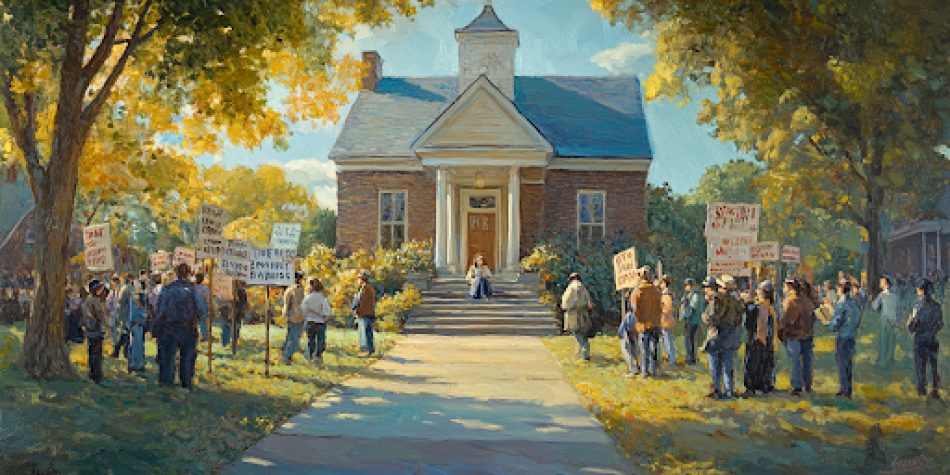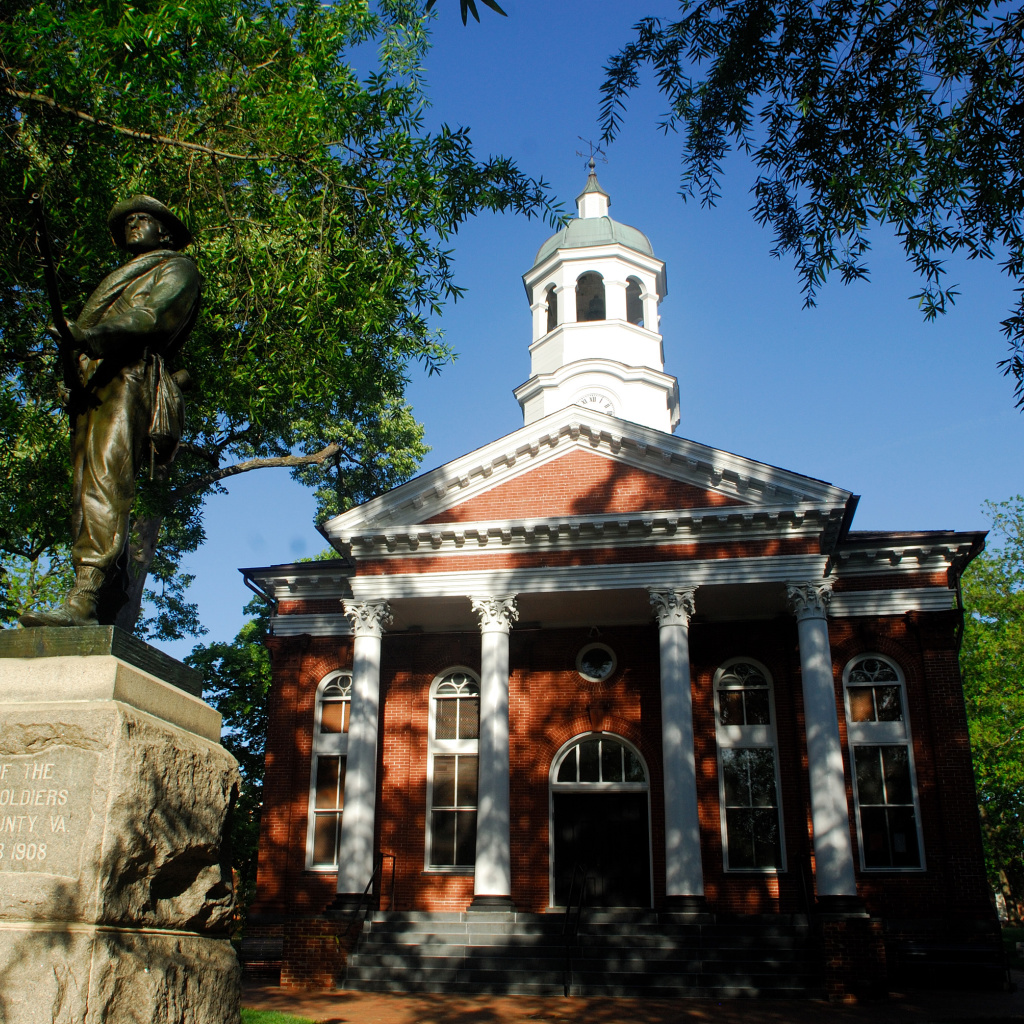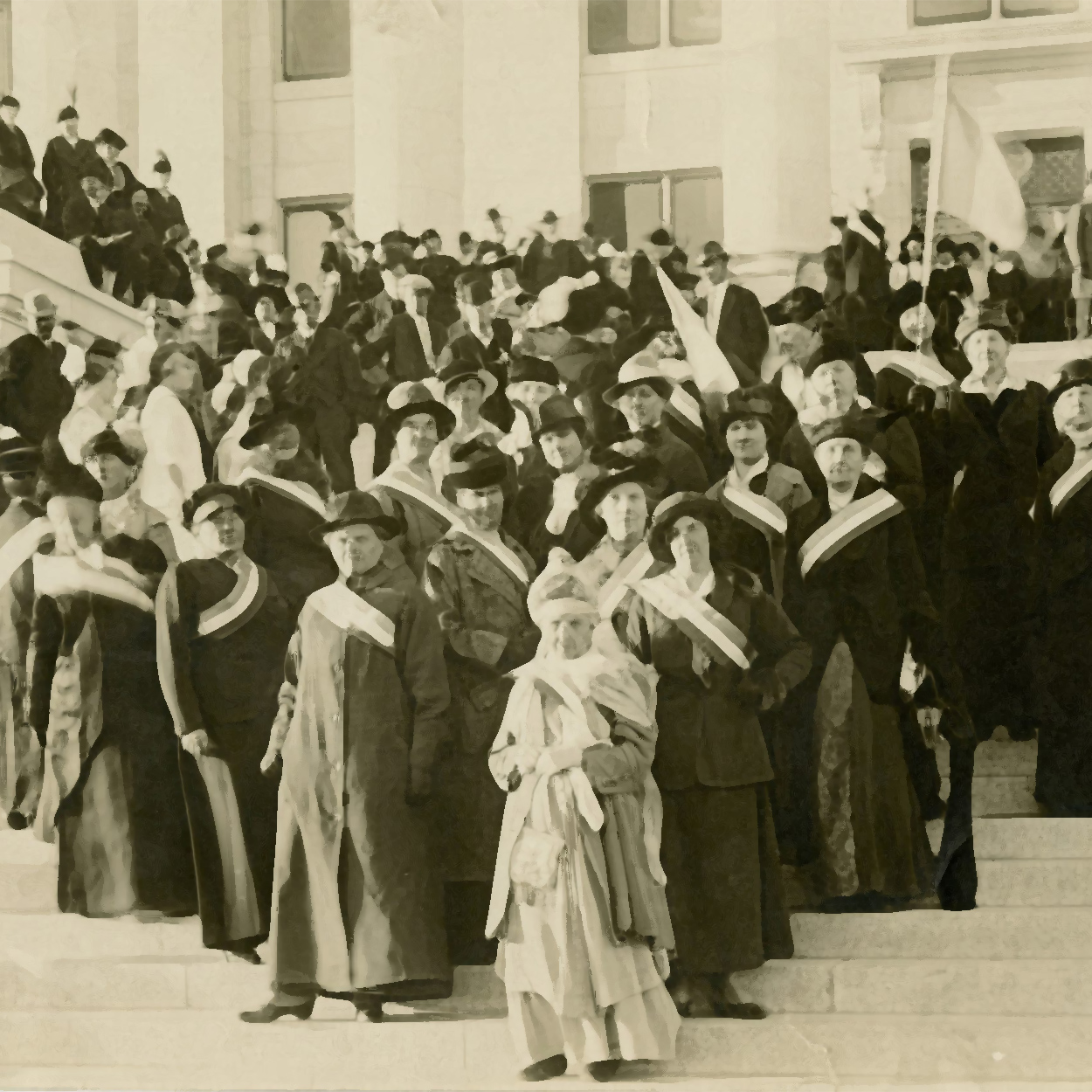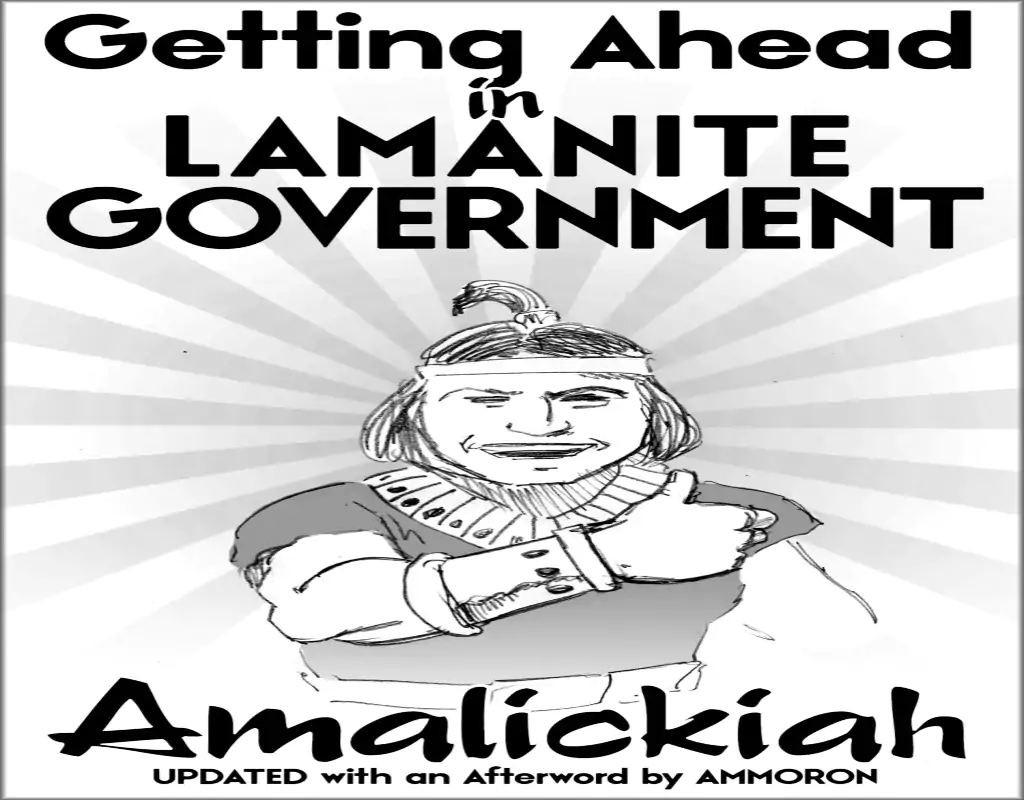Being a librarian was considered a benign, if not a boring, profession—until now. Librarians are seemingly under attack everywhere.
Public Square Magazine has covered many of these issues in prior articles:
- The Book Banning Brouhaha
- Protecting Kids From Explicit Material Shouldn’t Be Controversial
- A Plea to Librarians
Having been trained as a librarian, I want to add an additional dimension to this controversy, specifically regarding how librarians are trained.
I entered library school in 2003 after having earned three college degrees. I worked for a time as a professor specializing in American government, law, and administrative ethics. This background informed how I assimilated my librarian training.
Throughout this training, I was dismayed at some of the things I was being taught. It is difficult to know how pervasive some of these ideas are in other librarianship training programs, but they were prevalent in mine.
Here is a sampling:
1. Do not make moral judgments about materials; just provide them.
2. Do not evaluate why someone wants information; just provide the information.
3. Librarians are the gatekeepers of democracy because they protect free speech.
4. Protect personal privacy at all costs.
5. Do not provide information to law enforcement, even if they have a warrant.
Instead of being stated directly, most of this was inferred and assumed, which did not tend to trigger our inner compass that a moral decision may be necessary. These ideas were generally sandwiched into lists and statements that were perfectly acceptable and reasonable. This is similar to the list of best practices given to FEMA workers, where one of the bullet points was to avoid homes with Trump signs while the rest of the instruction given was appropriate.
This is how it plays out in practice.
Do not make moral judgments about materials; just provide them.
Much of what is being written for children and young people these days is objectionable, often highly objectionable. Parents should have probably been up in arms protesting before now. Perhaps, in years past, they did not know. But they know now. Additionally, many potentially controversial books have garnered prestigious awards, which makes it more likely that librarians and others feel justified in acquiring them. All of the books currently removed from Utah schools under Utah’s law (Section 53G-10-103) are award-winning books or from award-winning authors. Much of what is being written for children and young people these days is objectionable.
As modern library students, we were taught not to morally evaluate materials but to just acquire them. It was not our job to determine if something was appropriate or not. There was no standard for judging what was appropriate anyway. Having received a prestigious award is considered objective proof that it is quality literature. No other judgment need be made.
In fact, it was often implied that the edgier the material, the more necessary it was to acquire it because it protected free speech. But, the rationale for this assertion was never provided in any meaningful way.
If a student in training fully absorbed this instruction, you can understand why some librarians are now bewildered and dismayed that they are being attacked for providing materials some consider morally objectionable when they have been trained to not judge material for its moral content.
Making a moral judgment is not part of the job description. However, this goes beyond moral relativism—it is moral disengagement.
Do not evaluate why someone wants information; just provide the information.
In order to help individuals in their search, librarians are trained to give a full reference interview. This type of interview involves questioning patrons about their specific requests and their wants and needs. Beyond finding specific books or resources, it is the librarians’ job to provide what they are looking for and, depending on the request, find resources they may not have thought of.
Some of those questions involve asking the patron what they need the information for and how they are going to use it.
A memorable illustration from my training involved a patron who came in and requested the classic book Black Beauty. However, the book was checked out. The librarian could have put the patron’s name on a reserve list. Instead, she questioned the patron further and it turned out that the patron had a bet with a friend on what one of the characters in the book was named. Having discovered this, the librarian looked up that information, and the patron left with the desired information in hand.
Knowing this, I made a query to the Church History Library once. I carefully explained what information I wanted, what I would do with the information, and why. I made a request for a specific piece of information. The librarians sent me the information I asked for, plus another item that suited my needs better, one that I did not know existed. Librarians know their resources and can often direct patrons to even better resources than they request.
While being trained to conduct a full reference interview involves asking seemingly moral questions, librarians are also simultaneously taught that they should not ask such prying questions. Through another ideological lens, it is not our business to question what individuals ask for or how they are going to use the resource requested, even though this is highly useful in servicing the patron’s request.
This kind of moral disengagement is somewhat at odds with reference interviewing, yet education and training programs for librarians could not yet see the contradiction created with the more ‘modern’ instruction.
Librarians are the gatekeepers of democracy because they protect free speech
Although this idea of protecting free speech was taught explicitly in library school, no cogent or legal argument was ever provided. Such ideas were presented as a given and one which obviously could not be questioned. Indeed, protecting free speech involves providing all sorts of materials that most people would find questionable and objectionable. And, in fact, it is perceived as noble to provide them. This kind of moral disengagement is somewhat at odds with reference interviewing.
Questionable and objectionable materials have always been available in our society, even if only on the fringes. Now, however, these kinds of materials are available right at our fingertips. Why it is necessary and noble to provide them in a public library is puzzling, especially in the digital age. There is no difficulty in finding material in our modern world if you really want to find it.
Citizens are required to pay taxes and these funds buy library materials. The public should have a say in how its tax money is spent. Taxpayer money should not be spent on materials that most taxpayers find objectionable and even repugnant. This is a simple application of majority rule.
There are still enough quality materials to acquire for public libraries that most people approve of. Limited library budgets should be spent on these materials. The questionable and objectionable materials are easily obtained elsewhere by individuals and others without using taxpayer money.
Librarians seem prone to justify nearly all their activities with this notion of protecting free speech. Invoking patriotic wording is enough to make detractors back off, whether they understand why or not.

Protect privacy at all costs
This edict took many forms. For example, it was made clear that if someone was checking out books on terrorism or materials on how to make ricin, librarians were expected to keep quiet. If the patron blew up or poisoned the world, that was not our concern. This example may feel extreme, but it is not too far off the mark. Other examples can be a little more benign, but the principle is the same.
Most of society would assume that people have an obligation to report if there are concerns about harm to themselves. However, we were explicitly taught not to do anything if an obviously disturbed and depressed patron asked for a collection of books and materials on suicide. It was taught that we are to provide them with the materials and let it be. This would allow librarians to remain disengaged and protect individual privacy.
But, there was an incident at a large local library where a patron had communicated his suicidal intent to someone digitally via a library computer. The recipient of this communication reached out to the librarians there, and they notified law enforcement and helped determine who the patron was, track him down, and get him assistance before he could carry out his suicidal intentions.
This suggests that this librarian training in moral disengagement is not universal. The librarians in question did not protect the patron’s privacy in the ways endorsed by some librarianship training.
Privacy can be a tricky concept, though. Courts evaluate whether you have a “privacy expectation” to get at its nuances. For example, you have more of a privacy expectation for your own conversations on your personal devices than if you are on your employer’s equipment, at work, or on company time.
A public library is built with public funds, stocked with materials paid for with public funds, and staffed by publicly paid librarians. This suggests there is little expectation of privacy.
As moral beings, children of our Heavenly Father, and citizens of the United States, our duties as librarians should fall much further down our list of priorities. We do have higher responsibilities than what is expected in a profession.
Do not provide information to law enforcement, even if they have a warrant.
This particular edict about law enforcement was direct and explicit. Any request law enforcement might make of librarians was unreasonable and illegitimate given our sacred mission, especially in protecting privacy and free speech. If law enforcement had a warrant for discovering what materials a particular patron had checked out, we were to refuse it. We do have higher responsibilities than what is expected in a profession.
Additionally, we were told to take some specific actions to head it off like destroying records daily so there would not be anything for law enforcement to receive.
In effect, we were basically told to break the law. We should have been informed of the inevitable consequences for refusing law enforcement but they did not necessarily deem that an important detail. Apparently, landing in jail would be a noble result, and we could take comfort in our noble duty to protect privacy and free speech.
Discussion
Many of the concepts were not taught explicitly or in their most insidious forms. Amidst the hard skills of librarianship, they were snuck in and implied in a variety of ways.
If these concepts were taught more overtly to librarians, there would probably be more pushback from students. Instead, they are taught as expectations and implied in how librarians are taught to do their jobs.
Many students accept them as truths, embrace them, apply them, and then do not think much about them until they get attacked for “just doing their jobs.”
However, these are progressive ideas, particularly since the overarching principles contradict historical practices and training. Indeed, these seemingly strict ideals do not seem to have been prevalent in past librarian training.
Presumably, not all librarians trained with these philosophies embrace them. There are still librarians with a strong moral sense who are dismayed at the direction the general profession has taken.
Many of these librarians are careful to consider local community standards and morality in what they acquire and provide. They take their moral responsibilities seriously. Others, not so much.
Conclusion
Librarians who refuse to make moral judgments about what they acquire and what they provide stand in stark contrast to librarians of the past who took their moral obligations seriously.
Those trained in these new ideas are not going to process why there can be pushback within the communities they are striving to serve. Any objections by people will look illegitimate to them. Indeed, they are more likely to view them as hurtful attacks, given that they are doing the job the way they were taught. Many take their moral responsibilities seriously. Others, not so much.
Librarians’ elevation of “free speech” and “privacy” over their other obligations seems to have severed their perceived obligations to those who pay their salaries and provide their buildings and the materials they circulate. They seem to feel they have no obligation to taxpayers or the standards that exist in their communities. Their commitment to free speech and privacy supersedes these obligations.
Unanswerable to law enforcement, governing entities, and the communities they serve, librarians act as if they exist on a higher plane and are a law unto themselves. This subtle shift in loyalties has enormous consequences.
This modern librarian training suggests that it may be unwise to trust the librarian’s judgment or trust them to do their jobs without any oversight. We cannot assume that the library norms of the past persist into the present or the future. A different ethos now pervades. We must determine if we will change with it.

















